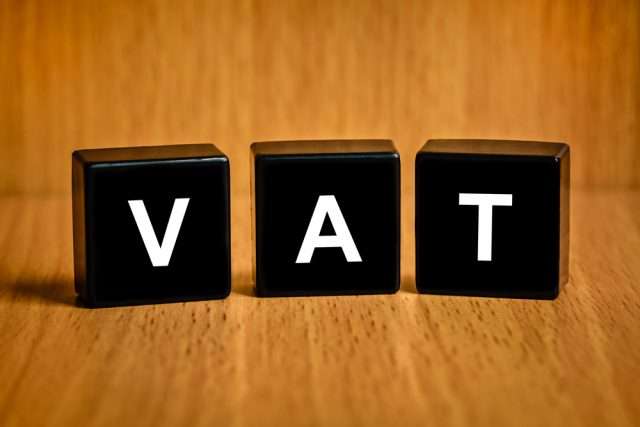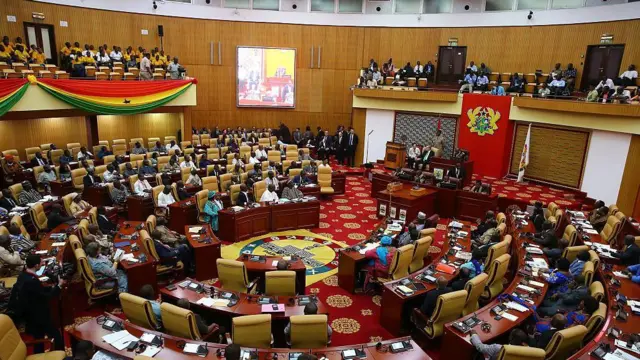Dr. Isaac Doku, an Economist and Lecturer at the University of Education, Winneba, has questioned the government’s decision to increase the standard Value Added Tax (VAT) rate in the 2023 fiscal year.
According to him, the decision to increase the VAT is wrong and must be reversed because the economy is already battling with high inflation and will only worsen the situation next year.
“An economy that is already suffering from inflation caused by supply shocks, why increase VAT at a time when we are contending with price hikes? It is going to increase inflation and hardship.”
Dr. Isaac Doku
Dr. Doku, who is not pleased with the decision, said in an interview with the Vaultz News that the current inflation in the country is mostly emanating from the supply-side. Thus, caused by increase in the cost of production.

The Economist emphasized that the government’s decision to increase the VAT is out of place, saying: “If inflation is caused by demand shocks, then increasing VAT will make sense”.
As part of measures to boost revenue mobilization in the 2023 fiscal year, government announced that it would increase the VAT rate by 2.5 percent to directly support roads and digitalization agenda.
Currently, the standard VAT rate is 12.5%, except for supplies of a wholesaler or retailer of goods, which are taxed at a total flat rate of 3%. VAT is charged on the supply of goods and services where the supply is a taxable supply and made by a taxable person in the course of business.
This implies that the announced increment will now push the standard VAT rate to 15 percent next year. Customers purchasing goods at malls and supermarkets would have to brace up for the coming year because they are going to pay the National Health Insurance Levy of 2.5%, Ghana Education Trust Fund (GETFund) of 2.5% and the COVID-19 Health Recovery Levy of 1% in addition to the VAT.
Review E-levy rate down
Dr. Doku indicated that the decision to reduce the E-levy rate to 1 percent and scrap the daily threshold means “Government is only creating wealth for MoMo agents” because “There is a way to avoid the tax”.
The Economist explained that customers can easily avoid the tax by paying merchants 1 percent to transfer any amount of money for them. This, he said, would relieve them of using MoMo where they will pay close to 2 percent per transaction.
“If you pay agents to transfer money for you, you pay 1 percent of the amount as transfer charge. However, if you send from your personal account, you will pay 2 percent. So, MoMo agents are now leveraging E-levy to increase their wealth. The levy should be pegged at a value below 0.6 percent.”
Dr. Isaac Doku
Dr. Doku further underscored that the removal of the daily threshold means the “caveat to cushion the poor has been removed” which means “the poor will be more impoverished”. The Economist warned that Ghanaians should brace themselves up in the coming year because there would be “More hardship next year; Price hikes cum higher unemployment”.

Finance Minister, Ken Ofori-Atta, disclosed that government has received several proposals for review of the Electronic Transfer Levy and is working closely with all stakeholders to evaluate the impact of the Levy in order to decide on the next line of action which will include revision of the various exclusions.
As a first step, however, the headline rate will be reduced to one percent (1%) of the transaction value alongside the removal of the daily threshold.
READ ALSO: Ghana has enough gold to exchange for oil – Dr Amin Adam





















